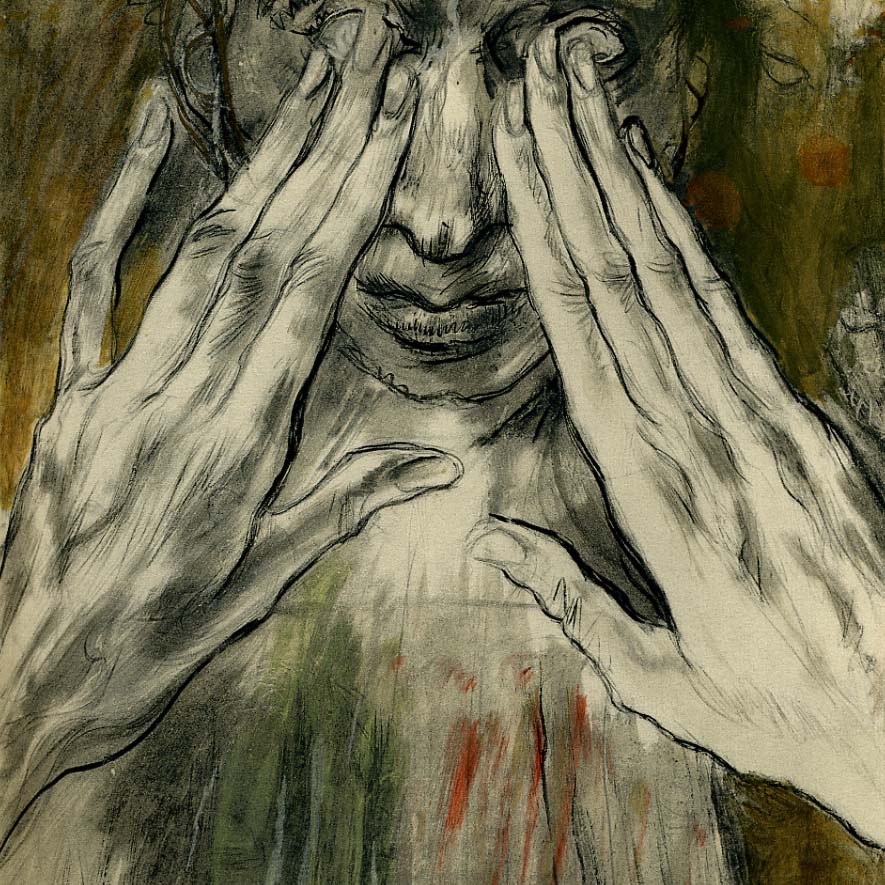The Theology Workshop warmly invites you to participate in the capstone event of our spring quarter sequence, “Imagining Evil.” Professor Jean-Luc Marion and Professor Paul Mendes-Flohr, distinguished members of the Divinity School faculty, will join us to lead a dialogue on “the logic of evil” in modernity.
Tuesday, May 21st
4:30-6:00 pm (with reception to follow)
Swift Hall Common Room (first floor)
Marion: Evil begins with experiences of injury and injustice, then leads either to revenge or to resentment. So it is more about my own identity than the other. Its logic leads eventually to ideological or physical suicide.
Mendes-Flohr: Jean-Luc Marion’s meditation on “the logic of evil” seems to call into question the prophetic injunction to transcend our personal suffering and identify compassionately with that of the disinherited members of society, and to “Seek justice, relieve the oppressed, defend the cause of the fatherless, plead the cause of the widow” (Isaiah 1:17). But what empowers the prophetic ethos? Certainly it is not a mere altruistic consciousness, or a version of the Kantian ethical imperative. Our readiness to heed the prophetic calling, as Marion suggests, is often crippled by personal woe, ressentiment, and the anguish engendered by the witness to the enormity of the evil that surrounds us—captured by reference to Auschwitz, Hiroshima, Biafra, and 9/11. Perhaps one may take counsel from the biblical and rabbinic authors who acknowledge that the prophetic ethos alone is insufficient, for it is to be animated by the divine pathos.
This event is free and open to the public. No advance preparation is expected of participants. Persons with a disability who would request assistance, please contact Aaron in advance at athollander@uchicago.edu.



 Abstract:
Abstract: